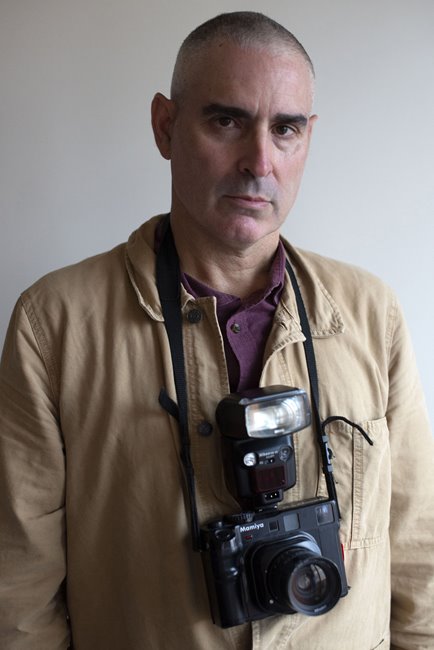A Trump supporter pumps his fist as he is ejected from the Capitol Building, after it had been breached by rioters in an attempt to stop the certification of the 2020 presidential election, Washington DC, USA.
The final year of Donald Trump’s presidency of the US, saw increasing polarization in the country, growing social unrest, and burgeoning disinformation in the media. From early in the run-up to the 2020 US election, President Trump began to make accusations of judicial and electoral subversion. Unrest among his supporters grew into insurrection, culminating in a 6 January 2021 attack on the United States Capitol Building in Washington DC. The photographer has lived in the US capital for more than 15 years documenting social and political issues, and wished to examine and give insight into the background behind the 6 January attack.
As COVID-19 took hold from early 2020, the president was criticized for his handling of the pandemic, and for undermining scientists and spreading conspiracy theories rather than encouraging mask wearing and social distancing. The murder of George Floyd, a 46-year-old Black man, who died while being arrested by Minneapolis police on 25 May 2020, led to protests in support of the Black Lives Matter movement by between 15 million and 26 million people nationwide. On 18 September, less than two months before the presidential elections, Supreme Court Justice Ruth Bader Ginsberg, who spent much of her legal career as an advocate for gender equality and women’s rights died. President Trump and Senate Republicans rushed through the appointment of a new Supreme Court judge, thus preventing Joe Biden from making his own appointment if he won.
In the build-up to the presidential election, Trump suggested in speeches and in social media that polls would be rigged. The 3 November 2020 election saw Joe Biden receive 51.3% of the popular vote, against Trump’s 46.9%. Trump refused to accept the results, saying the election had been stolen and alleging electoral fraud, even though no evidence was found of any of his claims by officials ranging from the Justice Department to the US Supreme Court. On 14 December, the electoral college confirmed Biden’s election by 306 votes to 232.
Trump supporters disseminated the idea that the joint session of Congress to certify the election (normally a formality), scheduled for 6 January 2021, was the last chance to keep Trump in power. At noon on 6 January, Trump spoke at a rally near the White House, continuing to make claims of a stolen election and urging supporters to march to the Capitol. Protesters overwhelmed police on the Capitol’s west steps while the certification process was underway, and breached the building. The session was adjourned, and it took five hours before the police restored order. One rioter was killed by police, one died of a heart attack, one of a stroke, and one of an accidental overdose. A police officer also later died of a stroke. Later in January, Trump was impeached for a second time and charged with incitement to insurrection, later again to be acquitted by the Senate. President Biden formally assumed office on 20 January.

